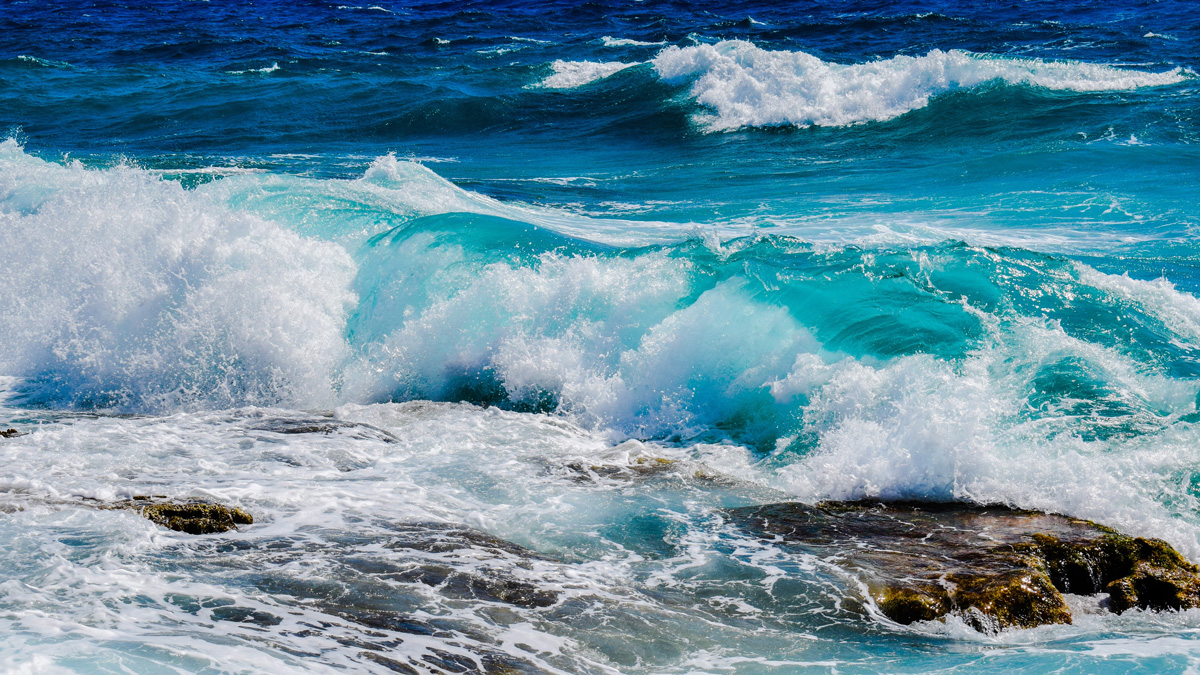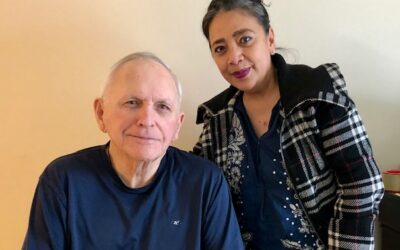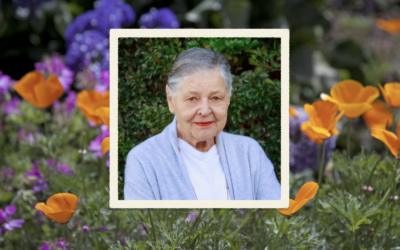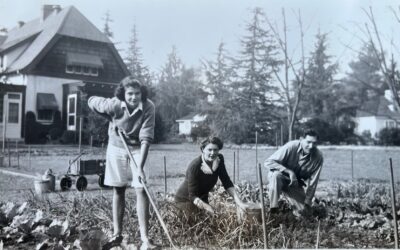I  was thinking as I ran on the beach this morning about the ephemerality of life, the beauty. I was thinking how much of a distraction beauty is, a wonderful distraction but a distraction that sometimes moves aside. This displacement of beauty can happen with its loss through age, accident etc. I was thinking how our culture scrambles to keep that ephemeral beauty in the forefront of our perceptions, desires and goals. Beauty is so pleasureable.
was thinking as I ran on the beach this morning about the ephemerality of life, the beauty. I was thinking how much of a distraction beauty is, a wonderful distraction but a distraction that sometimes moves aside. This displacement of beauty can happen with its loss through age, accident etc. I was thinking how our culture scrambles to keep that ephemeral beauty in the forefront of our perceptions, desires and goals. Beauty is so pleasureable.
But this morning I was struck by how distracting it is and how much is missed in the power of its strong focus and how the engrained habit of that focus makes beauty’s ‘pushover’ harder and harder to happen. It almost takes a Zen moment to shift beauty out of the picture as it were.

There I was in the sands of the crashing Pacific, brown pelicans floating past, dolphins seaming the waves but the Californian sky was unusually torpid, gray. It was that absence of brightness that stunned me into this plain thought: There’s something better than beauty, something lighter, freer, way beyond me or my perceptions or ephemeral pleasures, something right at my feet like the shell of a sea urchin.
The sea urchin proffered its vacant shell to the sand; the seashell landed on the beach, hollow–both empty. An emptying precedes replenishing. I held the shell to my ear–emptiness resonating. That readiness for replenishing is all around, not just in the shells that might end up on the beach but in the lost looks of lined faces waiting to be taken up, smiled to, engaged; in the shaking hands ready to be held and steadied.
“…An aged man is but a paltry thing, A tattered coat upon a stick, unless Soul clap its hands and sing, and louder sing For every tatter in its mortal dress…”. (“Sailing to Byzantium”, W.B.Yeats)
When I got home, I read about Oliver Sacks dying, a man still ‘clapping his wings’. His inspiring article from the N.Y. Times is quoted below.
My Own Life
Feb. 19, 2015
A MONTH ago, I felt that I was in good health, even robust health. At 81, I still swim a mile a day. But my luck has run out — a few weeks ago I learned that I have multiple metastases in the liver. Nine years ago it was discovered that I had a rare tumor of the eye, an ocular melanoma. Although the radiation and lasering to remove the tumor ultimately left me blind in that eye, only in very rare cases do such tumors metastasize. I am among the unlucky 2 percent.
I feel grateful that I have been granted nine years of good health and productivity since the original diagnosis, but now I am face to face with dying. The cancer occupies a third of my liver, and though its advance may be slowed, this particular sort of cancer cannot be halted. It is up to me now to choose how to live out the months that remain to me. I have to live in the richest, deepest, most productive way I can. In this I am encouraged by the words of one of my favorite philosophers, David Hume, who, upon learning that he was mortally ill at age 65, wrote a short autobiography in a single day in April of 1776. He titled it “My Own Life.”
“I now reckon upon a speedy dissolution,” he wrote. “I have suffered very little pain from my disorder; and what is more strange, have, notwithstanding the great decline of my person, never suffered a moment’s abatement of my spirits. I possess the same ardour as ever in study, and the same gaiety in company.”
I have been lucky enough to live past 80, and the 15 years allotted to me beyond Hume’s three score and five have been equally rich in work and love.
Hume continued, “I am … a man of mild dispositions, of command of temper, of an open, social, and cheerful humour, capable of attachment, but little susceptible of enmity, and of great moderation in all my passions.”In that time, I have published five books and completed an autobiography (rather longer than Hume’s few pages) to be published this spring; I have several other books nearly finished.
Here I depart from Hume. While I have enjoyed loving relationships and friendships and have no real enmities, I cannot say (nor would anyone who knows me say) that I am a man of mild dispositions. On the contrary, I am a man of vehement disposition, with violent enthusiasms, and extreme immoderation in all my passions. And yet, one line from Hume’s essay strikes me as especially true: “It is difficult,” he wrote, “to be more detached from life than I am at present.” Over the last few days, I have been able to see my life as from a great altitude, as a sort of landscape, and with a deepening sense of the connection of all its parts. This does not mean I am finished with life.
On the contrary, I feel intensely alive, and I want and hope in the time that remains to deepen my friendships, to say farewell to those I love, to write more, to travel if I have the strength, to achieve new levels of understanding and insight.
This will involve audacity, clarity and plain speaking; trying to straighten my accounts with the world. But there will be time, too, for some fun (and even some silliness, as well).
I feel a sudden clear focus and perspective. There is no time for anything inessential. I must focus on myself, my work and my friends. I shall no longer look at “NewsHour” every night. I shall no longer pay any attention to politics or arguments about global warming.
This is not indifference but detachment — I still care deeply about the Middle East, about global warming, about growing inequality, but these are no longer my business; they belong to the future. I rejoice when I meet gifted young people — even the one who biopsied and diagnosed my metastases. I feel the future is in good hands.











0 Comments